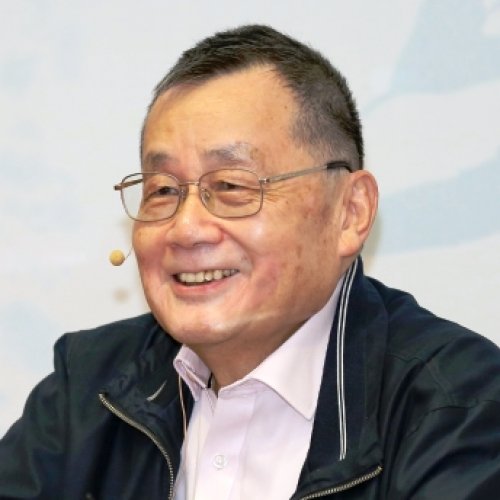
摘要:Oppenheimer came from a privileged background and displayed exceptional intellect. During his studies in Europe, he coincided with the emergence of quantum mechanics. Upon returning to California, he brought back the latest physics theories to the United States. During World War II, a series of events led him to successfully lead the development of the atomic bomb, earning him great fame. However, due to his earlier leftist history and intellectual arrogance, he became embroiled in political turmoil, suffering humiliation, and eventually succumbing to depression. Yang Zhenning, a younger contemporary of Oppenheimer, similarly exhibited outstanding intelligence. Despite growing up in difficult circumstances, he encountered a period of significant development in particle physics while studying in the United States. He seized the opportunity to make two major contributions, establishing himself as a pioneer of the contemporary standard model of particle construction and winning the Nobel Prize. He faced numerous conflicts, notably the tensions between China and the US and his fallout with collaborator Li Zhengdao. Yet, he managed these adversities calmly and resiliently, continuing to lead scientific and educational developments. Ultimately, he smoothly returned to China, enjoying a harmonious and fulfilling life. Their comparable intellects and fortunes led them on drastically different life paths, reflecting individual temperament and cultural backgrounds.
主讲人介绍:Chen Fangzhang holds a Bachelor's degree in Physics from Harvard University and a Ph.D. in Physics from Brandeis University. In 1966, he began teaching at the Department of Physics at the Chinese University of Hong Kong, focusing on theoretical physics and polymer physics research. In 1980, he assumed the role of University Secretary, and in 1986, he became the Director of the Institute of Chinese Studies. Since 2002, he has served as an Honorary Senior Research Fellow at the institute. In 2004, he was appointed as the Zhu Kezhen Professor of Science History at the Institute for the History of Natural Sciences of the Chinese Academy of Sciences. In 2006, he was honored as an Honorary Fellow by the Chinese University of Hong Kong, and since 2007, he has held the position of Honorary Professor in the Department of Physics. His research spans comparative studies of modernization processes, explorations of the relationship between science, technology, and modernization, as well as studies in philosophy and history of science.
